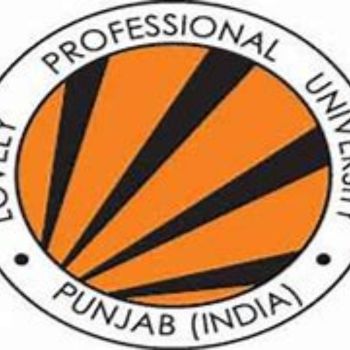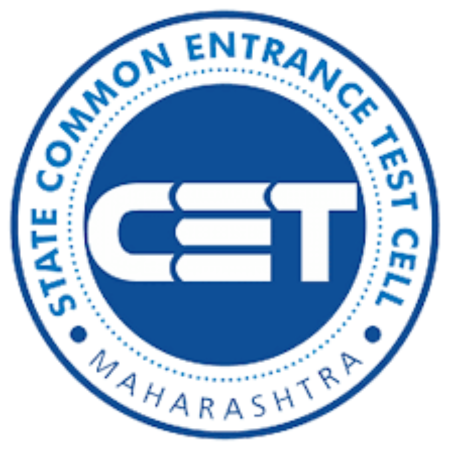The BSc (Hons) Chemistry is a 3-year undergraduate program that aims to equip students with a good background in basic, as well as advanced chemistry. The course is divided into 6 semesters whereby the students are introduced gradually to the fundamental and advanced concepts of Chemistry. During the first semester, the BSc Hons Chemistry syllabus covers the fundamental aspects of inorganic, organic, and physical chemistry, emphasizing central topics like atomic structure, chemical bonding, states of matter, and fundamental organic reactions.
The BSc Hons Chemistry syllabus also embraces analytical chemistry and biochemistry during later semesters, giving sufficient knowledge on theoretical aspects as well as practical knowledge in the laboratory. Elective courses are available whereby the learners give themselves a choice of courses based on their interests and career desires. The lecture-based learning will be enriched by lab experiments, seminars, and project activities to promote both theoretical and practical competence.
Table of Contents
BSc Hons Chemistry Syllabus (Semester-wise)
The BSc (Hons) Chemistry syllabus is designed in a way that it covers all the major areas of Chemistry systematically in the 6-semester course, like Inorganic/organic/Physical Chemistry, with laboratory activities, electives, and skills-oriented coursework. The BSc Chemistry Hons syllabus at Ramjas College is given below:
BSc Hons Chemistry Syllabus Electives
The electives included in the BSc (Hons) Chemistry syllabus are structured in such a way that the student has a certain specialisation and can expand their knowledge beyond the curriculum. Electives are grouped into two elective groups, namely Discipline Specific Electives (DSEs) and Skill Enhancement Courses (SECs).
Read more about BSc Industrial Chemistry
BSc Hons Chemistry Syllabus in Private Colleges
The BSc (Hons) Chemistry syllabus in the private college is somewhat similar to that of the government colleges, but with some exceptions in the syllabus and components, electives, and teaching/learning techniques adapted is the syllabus. The BSc Chemistry Hons syllabus at Amity University is given below.
Read more about MSc Pharmaceutical Chemistry
BSc Hons Chemistry Syllabus Exam Pattern
Bachelor of Science (Hons) Chemistry examination pattern in Ramjas College, Delhi University is in a semester format with a written theory examination and a separate practical examination at the end of each semester. They are assessed through internal evaluation (assignments, attendance, and tests) and end-semester exams, with an average ratio of external to internal marks of 75:25. Viva examination, practical files, and lab experiments are covered during practical exams. The table will help in better understanding.
BSc Hons Chemistry Syllabus FAQs
What teaching methodologies are included in the BSc Chemistry Hons syllabus?
The subjects of the course are taught in terms of lectures in classroom activities, laboratory work, tutorials, seminars, and projects. Such a mixed practice means that the students will acquire the theoretical knowledge and practical skills necessary to become a successful chemist.
What is included in the BSc Hons Chemistry syllabus under Organic Chemistry?
Organic Chemistry deals with hydrocarbons, functional groups, mechanisms of reactions, stereochemistry, heterocyclic compounds, biomolecules, and spectroscopy. Learners gain knowledge on how to comprehend and forecast organic reactions, besides examining organic chemicals through contemporary procedures.
Does the program include research projects or dissertations?
Several universities provide research projects or dissertations as optional parts in the third year. These projects stimulate individual research, reasoning, and presentation of scientific studies, making the students ready to carry out postgraduate studies or even work-related activities.
Does the course provide an internship or industry exposure?
Multiple colleges promote or assist internships as part of the work on the projects. In addition to giving a good exposure to the industry and practical experience, internships give candidates a chance to network enough to become better employees after graduation.
Will the students get an opportunity to study higher education in a foreign country after completing the course?
Yes, the degree in B.Sc. (Hons) Chemistry is a globally recognized degree, and the student, upon graduation, can seek postgraduate programs, postgraduate research fellowships, or professional opportunities within institutions or universities worldwide based on the program admission requirements of the individual institutions or universities.
What is the relevance of laboratory work in the BSc (Hons) Chemistry course?
A key part of the program is laboratory work, as it would not be much use to have an experimental method, know how it works theoretically, or be ready to work in research-related positions or industries as a researcher. It also instills the skills of data analysis, problem-solving, and cooperation in a team.






